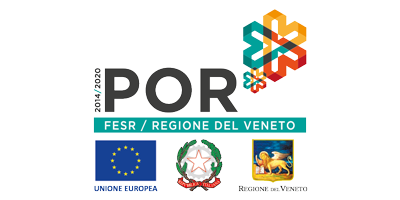Editorials
Amino acids and potassium; Two allies to prevent grape sunburn
30/10/2023
Dehydration of the berry normally occurs on the portion of the grape exposed to sunlight. In fact, excessive exposure to heat is precisely the cause of the loss of water in this portion of grapes tissues. This process is accentuated if the plant has a poor ability to retain water and limit dehydration.
Potassium plays a fundamental role in regulating this process and, in the event of a lack of this macro-element, the plant has difficulty in regulating evapotranspiration from the tissues and in limiting dehydration. During droughts, the vineyard can have difficulty in finding potassium due to it not being very mobile in the soil during very dry periods. In general, we know there is a varietal sensitivity with vine plants presenting reduced thickness of the grapes skin and these are more prone to sunburns.
Management of the canopy throughout the period of grape enlargement and ripening is essential and green pruning and defoliation must be targeted and timely. Excessive defoliation can lead to harmful exposure to sunlight. Effective management leads to a balanced exposure to ensure zero sunburn and optimal maturation. Osmotic potential is the ability of the plant to decrease dehydration, despite adverse climatic conditions such as heat and drought - but is it possible to help plants increase it?
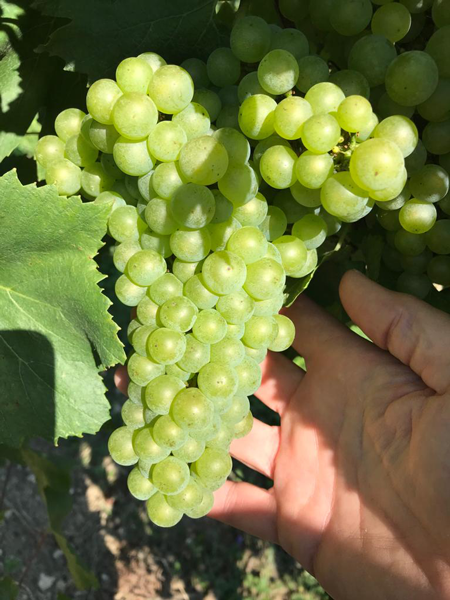
Yes, it is The molecules that help this process the most are amino acids and potassium which are applied by foliar application. These two molecules penetrate the tissues and stay in the water-rich cells of clusters and vegetation, thus helping the vineyard to retain liquids.
What does ILSA recommend?
Etixamin Bio-K - this is based on low molecular weight peptides and potassium sulphate. Its Gelamin® nitrogen matrix is composed of a high concentration of left-handed amino acids and peptides obtained by enzymatic hydrolysis and this helps to convey and metabolize the potassium within it.
Summer heat and drought are adverse climatic conditions that negatively affect the correct and homogeneous development of the vine and its fruits. All abiotic stresses must be managed with specific action products; in particular with biostimulants which increase photosynthetic activity, cell division, root absorption and resistance of the vine. This helps the plant to carry on and balance all metabolic processes responsible for the final quality.
IlsaC-on and IlsaVegetus are plant-based biostimulants based on enzymatic hydrolyzate of Fabaceae and these allow a more uniform production, richer aromas, colour and sugars and improve the final qualitative characteristics of the grapes.
Visit www.ilsagroup.com website for further information for vine fertilization. By registering you can download technical documentation, in-depth dossiers, reports, results of research and field tests.
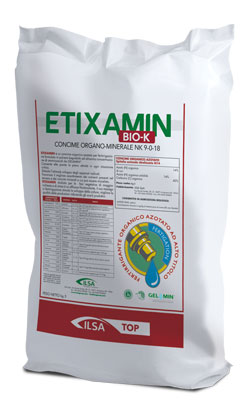
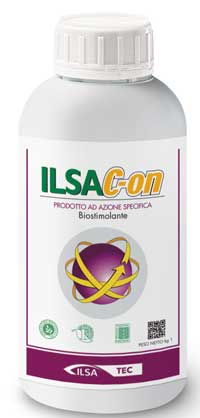
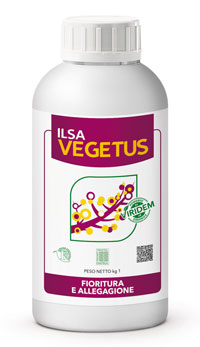


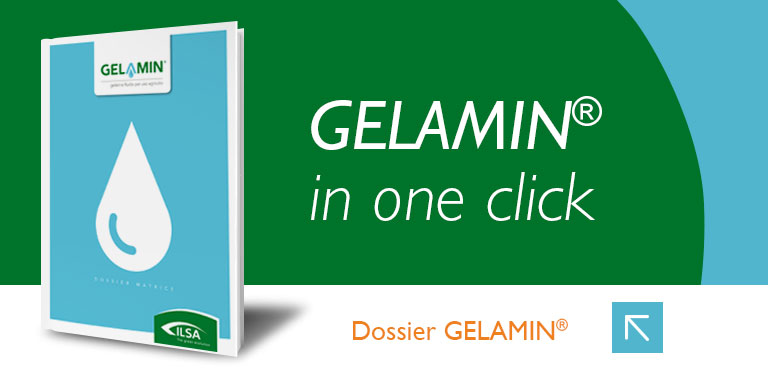
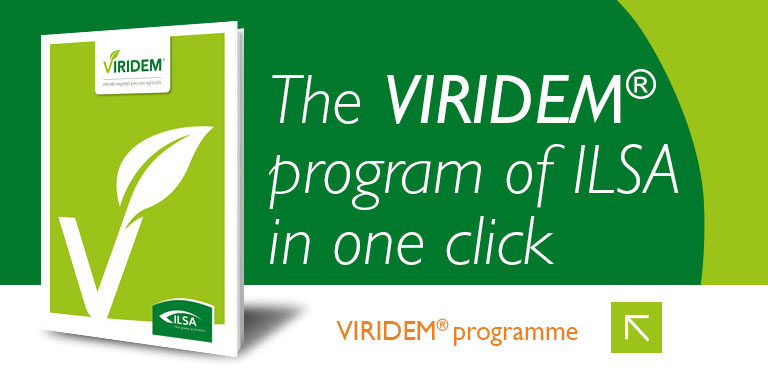

.png)
